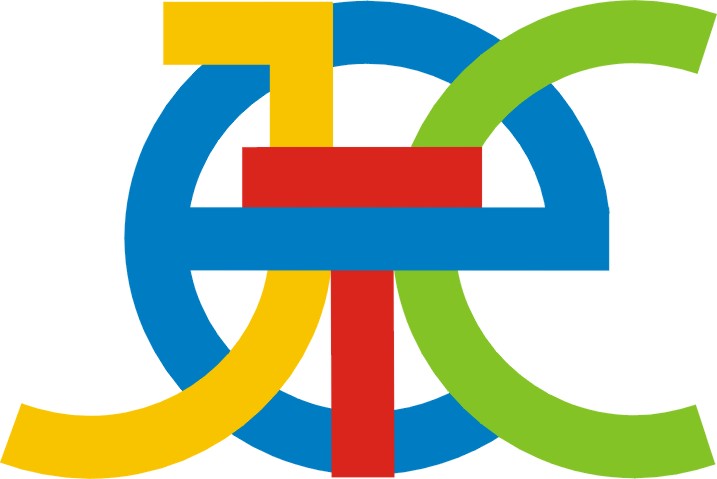SŁAWOMIR RĘBISZ
ORCID: 0000-0002-2458-0842, doktor, Uniwersytet Rzeszowski, Kolegium Nauk Społecznych, Instytut Pedagogiki, Katedra Pedagogiki Medialnej i Szkolnej, Polska
Streszczenie
Celem niniejszego artykułu jest ukazanie rozkładu afiliacji geograficznej członków rad redakcyjnych (editorial board) wybranych 10 najwyżej sklasyfikowanych czasopism z Europy Wschodniej z obszaru Education według wskaźnika SCImago Journal Rank w 2018 r. Jako metodę pomiaru potencjału analizowanych czasopism wybrano bibliometrię. Ponadto zastosowano analizę źródeł zastanych. Z danych zawartych w portalu SCImago wynika, że wśród 10 wyselekcjonowanych pism znajdowało się: 3 periodyki rosyjskie, po 2 polskie, litewskie i słoweńskie oraz 1 czasopismo serbskie. Liczebność składów rad redakcyjnych była zróżnicowana i wahała się od 13 do 54 osób. Wszystkich członków wspomnianych rad było 357 i pochodzili oni łącznie z 55 państw, w tym w stopniu największym z Europy (71,75%), Azji (12,53%), Ameryki Północnej (8,55%), Australii i Oceanii (2,63%), Ameryki Południowej (1,97%) oraz Ameryki Środkowej i Afryki (po 1,31%). Dostrzegalne jest znaczne umiędzynarodowienie rad redakcyjnych badanych pism, przy czym Amerykanie są jedyną nacją, która występowała w radach redakcyjnych wszystkich analizowanych czasopism.
Słowa kluczowe: SCImago Journal Rank (SJR), rada redakcyjna, ranking czasopism, Europa Wschodnia
Abstract
The aim of this article is showing the distribution of geographical affiliation of the members of editorial boards, selected 10 highest ranked journals from Eastern Europe, from the Education area, according to the SCImago Journal Rank index, in 2018. Bibliometric was chosen as the method of measuring the potential of the analysed journals. In addition, the analysis of existing sources was used. Data from the SCImago portal show that from the 10 selected journals there were: 3 Russian, 2 Polish, Lithuanian and Slovenian periodicals and 1 Serbian journal. The number of editorial boards members varied and ranged from 13 to 54 people. All the members of the above-mentioned editorial boards were 357, and they came from 55 countries in total, including, to the greatest extent, from Europe (71.75%), then from Asia (12.53%), North America (8.55%), Australia and Oceania (2.63%), South America (1,97%), and Central America and Africa (1.31% each). The significant internationalisation of the editorial boards of surveyed journals is noticeable, with the Americans being the only nation to appear on the editorial boards of all the surveyed periodicals.
Keywords: SCImago Journal Rank (SJR), editorial board, journal ranking, Eastern Europe
Name: 030 ETI_No_4_30_Geograficzny rozkład afiliacji
Size: 1,37 MB
Format: PDF
License: CC BY-SA 4. 0


